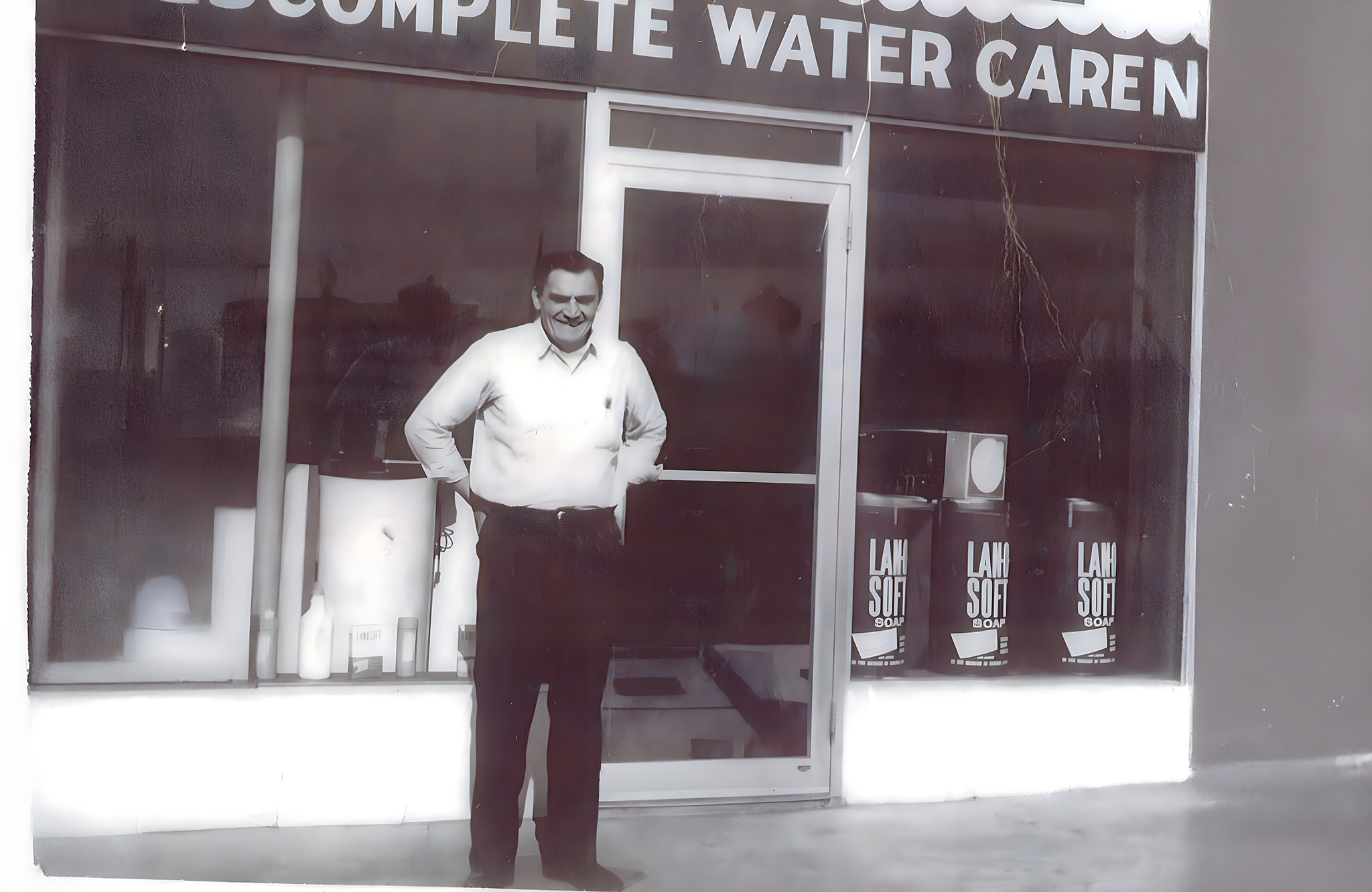
Remembering Wif Finken: A Legacy of Service and Community
January 26, 2026

It’s an uncertain time, and people are becoming downright scared. Staggering statistics, ever-changing rules and plans, a general feeling of uncertainty, and worst of all, misinformation can be worrying.
May 11, 2020
These are uncertain times, and with ever-changing information, many people are concerned about their drinking water. However, there’s no need to fear—your home’s water is safe for drinking, cooking, and cleaning.
Here’s what you need to know.
✔️ There is NO evidence that COVID-19 is transmitted through drinking water.
✔️ Not a single case has been linked to drinking water anywhere in the world.
✔️ The only potential risk is sharing a bottle or glass with someone who already has the virus—but that comes from saliva, not water.
If you follow CDC guidelines, your municipal drinking water is safe due to traditional filtration and disinfection treatments.
Boil water advisories are issued when a water supply might be unsafe—usually due to:
✔️ Natural disasters (hurricanes, tornadoes).
✔️ Plumbing issues in the city’s infrastructure.
✔️ Changes in water sources (e.g., Flint, Michigan crisis).
Again, COVID-19 has NOT been detected in drinking water supplies. If you hear about COVID-19 in water, it likely refers to wastewater—which is not the same as your drinking water and is not something you come in contact with unless there’s a serious plumbing issue.
It’s always a good idea to test your home’s water once a year—not because of viruses, but to check for:
✔️ Old plumbing fixtures that may leach contaminants.
✔️ Outdated water softeners that no longer filter properly.
✔️ Changes in taste or odor that could indicate mineral buildup.
If you haven’t tested your water in a while, or notice a difference in taste, it’s worth getting a home water test.
Public fountains have been turned off not because of water safety concerns but to:
✔️ Prevent multiple people from touching the same surfaces.
✔️ Eliminate shared mouth guards on fountains.
If you spend time in public or are an essential worker, bring a personal water bottle and avoid sharing it with others.
✔️ Use a reusable water bottle instead of public fountains.
✔️ Install a bottle-free water cooler for safer hydration at work.
✔️ Schedule a water test if you have concerns about your home’s water quality.
📞 Contact Finken today to discuss water testing, filtration systems, and safe drinking solutions!

Resources
